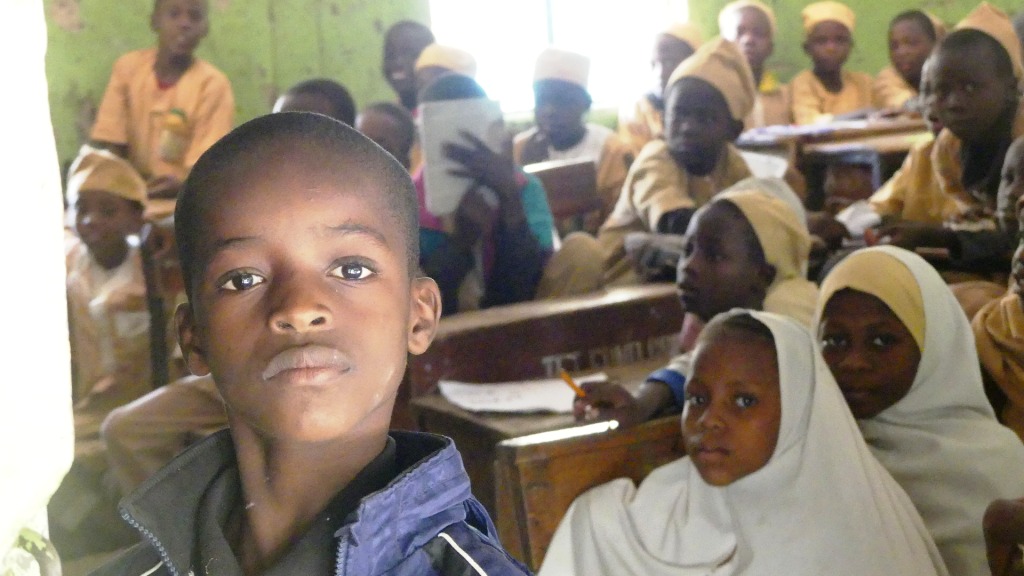‘Kaduna N569m UBE spending being tracked to check diversion’
The Follow The Money (FTM) has said that it is tracking over N569m Universal Basic Education (UBE) spending in Kaduna State to ensure that the funds are not diverted. The FTM founder and Chief Executive of Connected Development (CODE), Hamzat Lawal, said this on Thursday in Abuja during a one-day capacity-building session on the implementation […]

The state’s executive council which issued the directive says the move is to strengthen Kano’s free and compulsory education policy in tackling shortage in teaching staff.
The Follow The Money (FTM) has said that it is tracking over N569m Universal Basic Education (UBE) spending in Kaduna State to ensure that the funds are not diverted.
The FTM founder and Chief Executive of Connected Development (CODE), Hamzat Lawal, said this on Thursday in Abuja during a one-day capacity-building session on the implementation of constituency projects in Kaduna State.
According to him, the move was to ensure that the funds earmarked for the construction and rehabilitation of facilities in 23 basic schools in Kaduna was effectively expended and not diverted.
Stressing the need to support government in the fight against corruption, Lawal noted that Civil Society Organisations (CSOs) will continue to hold government to account when found wanting.
He said that the program has enhanced citizens engagement in basic education spending and that over 200,000 lives have been impacted.
“Over the last three years and through the life-cycle of this project, there has been an increase in school enrolment in the project communities, for example, enrolment has increased in Model Primary School, Nisama, a school FTM tracked, in Jema’a LGA from 489 pupils in 2017 to 590 in 2020, an increase of 101 pupils, a 21 percent rise in enrolment, and in Kufana 1 primary School in Kajuru LGA. Enrolment has increased from 335 pupils in 2017 to 442 in 2020 an increase of 107 pupils a 32 percent rise in enrolment.
“This increase is due to active participation of the citizens in tracking of UBE spending which resulted in improved infrastructure in the schools. It is also noteworthy that the school feeding programme, increased awareness among many others as well as the insecurity in neighbouring communities has led to increased school enrolment,” Lawal said.
Delivering the keynote, the Minister of State for Finance, Budget and National Planning, Prince Clem Agba, noted that the government have prioritized citizens participation in the budget process with the aim to improve on budget transparency commitment in the Open Government Partnership (OGP) National Action Plan.
According to the minister, the government has also increased its engagement with citizens in budget formulation and implementation, especially in this volatile period.
“In times of national challenges and volatility as seen by the outbreak of COVID-19 pandemic, openness, transparency, and responsiveness are key to retaining and rebuilding citizens’ trust in government.
“Since Nigeria joined the Open Government Partnership in 2016, our Open Budget commitment has remained the best performing commitment in the National Action Plan. The independent assessment of the implementation of our first National Action Plan adjudged the implementation of this commitment as substantial. To enhance transparency and inclusiveness, we institutionalized a regular and timely budget calendar,” Agba said.
